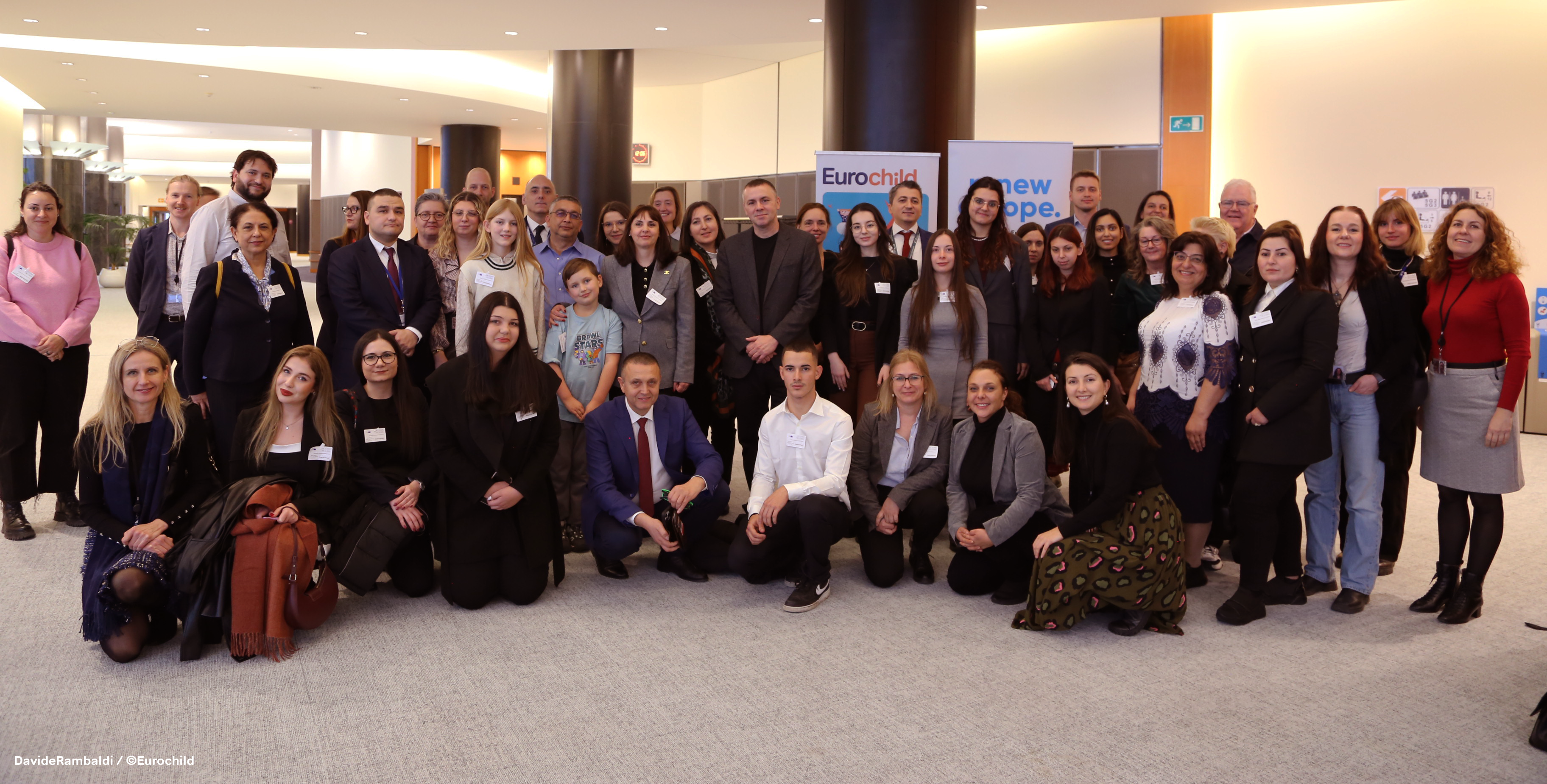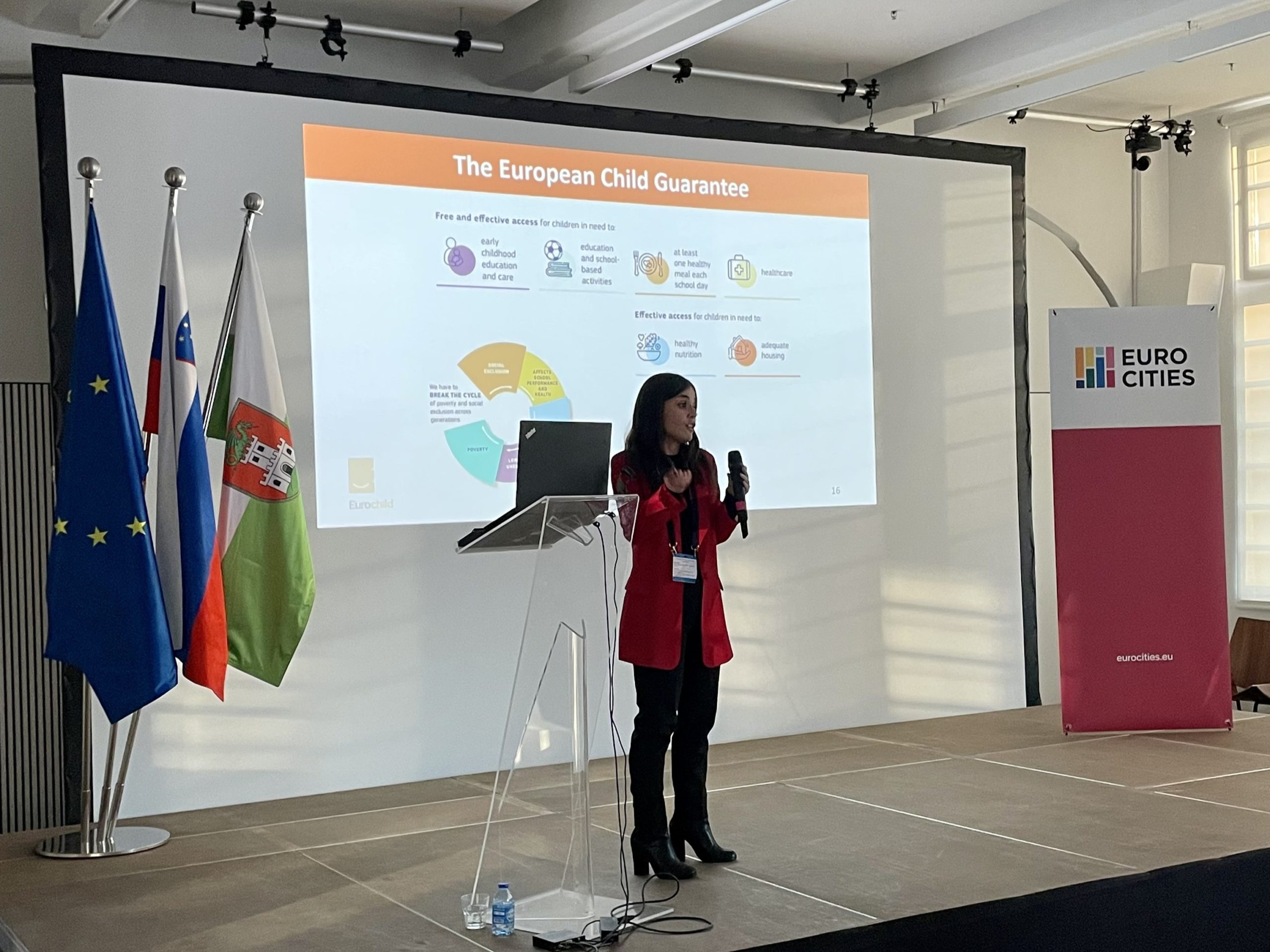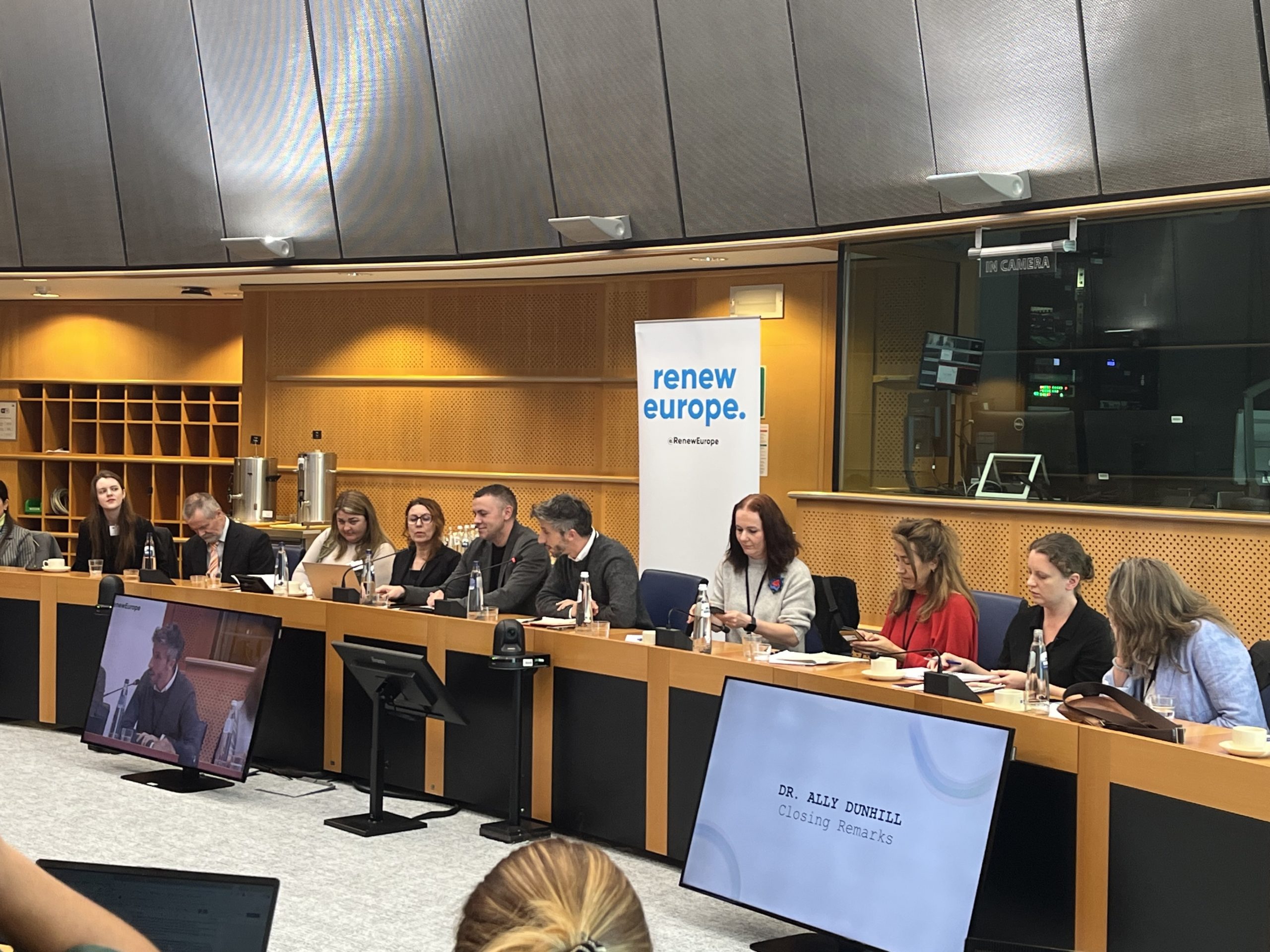Celebrating four years of the European Child Guarantee
On the fourth anniversary of the establishment of the European Child Guarantee, Eurochild presents its recommendations to the European Commission and EU Member States to strengthen its implementation.
14 June 2025 marks four years since the adoption of the Council Recommendation establishing a European Child Guarantee (ECG). Since championing this initiative in 2015, Eurochild has remained a leading civil society voice for its effective implementation and monitoring. We have tracked the development of the National Action Plans and are now developing overviews of the biennial implementation reports published by Member States. On the basis of this monitoring and analysis, Eurochild developed a series of targeted recommendations to enhance the ECG implementation.
1. Strengthen data collection and monitoring systems
In line with the objectives of the ECG, all Member States should establish robust, comprehensive, and disaggregated data collection mechanisms that capture the situation of all children, with particular attention to marginalised and excluded groups. Data should be collected and published annually to ensure evidence-based policymaking and comparability. Independent evaluation and participatory monitoring mechanisms must also be put in place.
2. Enhance funding and resource allocation
Eurochild calls for a dedicated, sustainable and increased budgetary commitment to the ECG at both EU and national levels. Demand for services for children in need far exceeds available funding. It is therefore crucial to support the European Parliament’s proposal to ensure Member States allocate at least 5% of their ESF+ to combat child poverty and social exclusion, with higher investments for those exceeding the EU average on child poverty. Additional EU funds must be mobilised strategically. Moreover, ESF+ funding mechanisms should be inclusive and accessible to involve a broader range of actors, especially NGOs and grassroots organisations.
3. Strengthen cross-sector coordination
Better integration between social services, education, and employment sectors at the national and regional levels. Civil society organisations and children themselves—especially those representing marginalised groups—must be meaningfully involved in every stage of the ECG’s implementation and monitoring process.
4. Address the needs of the most vulnerable groups
ECG measures should reach those most in need, including children with disabilities, children in alternative care, children with migrant and ethnic backgrounds, those experiencing housing challenges and residing in remote areas. An intersectional approach is vital to address the compounded vulnerabilities faced by children from marginalised communities.
5. Mainstream the ECG in key EU policy frameworks and processes
The full implementation and continued strengthening of the ECG should be a central pillar of the new European Pillar of Social Rights and the new EU Anti-Poverty Strategy. The European Commission must systematically mainstream the ECG within other relevant initiatives and processes, such as the European Semester. Member States should report annually on key progress in combating child poverty, including the allocation of EU funding. Additionally, the Commission should extend the ECG to EU enlargement countries, ensuring support and monitoring through EU funds and the annual Enlargement Package.
6. Promote and Share Promising Practices from the European Child Guarantee
To maximise the impact of the ECG, the European Commission and Member States should prioritise sharing and disseminating promising practices. Creating platforms to share these examples and evidence of their effectiveness will help policymakers and practitioners learn from one another, adapt successful models, and avoid duplicating efforts. Eurochild is currently collating a range of promising practices that tackle child poverty, which will be published once all biennial reports are available in English.
Finally, we would like to offer two reflections from our President and Vice-President to guide future action around the European Child Guarantee:
“For children living in poverty across Europe, the European Child Guarantee has helped drive a consistent approach to break the cycle of poverty. The Child Guarantee measures are underpinned by a strong evidence base, and it has acted as a lever for governments and campaigners committed to children’s rights reform. In Ireland, the Child Guarantee helped provide an additional lever for campaigners and paved the way for free school books and hot school meals.” – Tanya Ward, Eurochild President.
“Children have the right to inclusion and to an adequate standard of living. The European Child Guarantee is a vital tool in tackling child poverty and exclusion. It must be strengthened through better data, targeted funding, and inclusive implementation. By acting on Eurchild members’ recommendations and extending the Child Guarantee to enlargement countries, we can deliver lasting change and ensure every child across Europe grows up with dignity, security, and opportunity.” – Bruce Adamson, Eurochild Vice-President.
Eurochild remains committed to ensuring that the European Child Guarantee delivers tangible change for all children through close collaboration with the European Commission, ECG Coordinators, Eurochild members, and the EU Alliance for Investing in Children.





